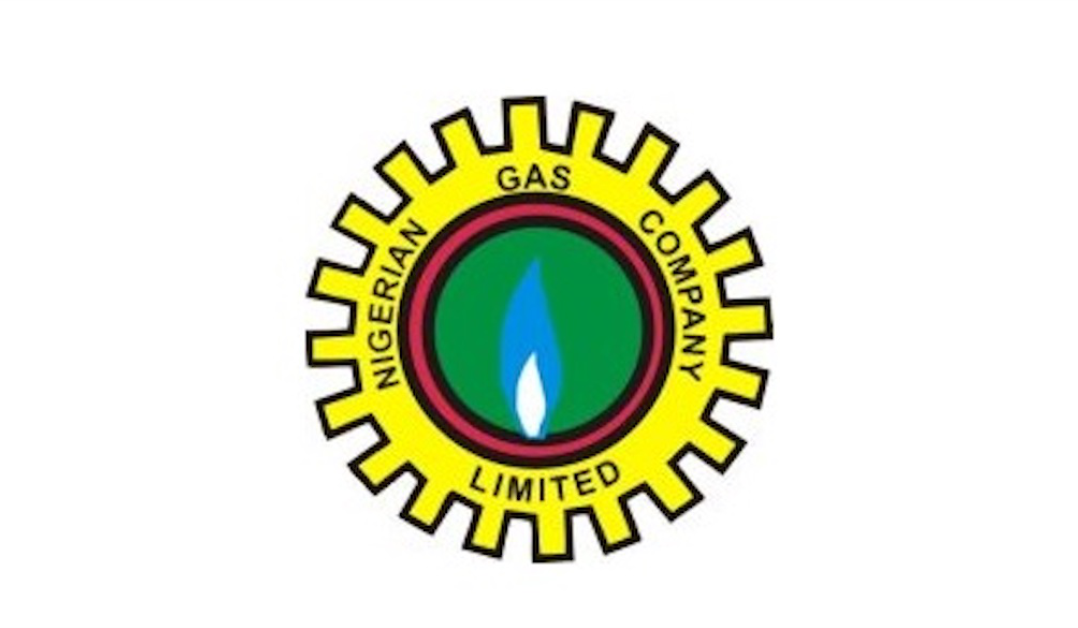-

-
Wikirise.com Advertise with Us HereStats: 4,783 members, 41,616 Posts
Number of Comments : 2,630
Date: Monday, 23rd December 2024
EU set to replace gas from Russia with Nigeria: Commission
By Godwin Emmanuel - July 22, 2022 | Categories: Business Tags: Foreign
Share this post:

The European Union (EU) delegation to Nigeria and ECOWAS said on Friday that it would replace the gas from Russia with Nigeria gas due to the invasion in Ukraine.
Deputy Director-General Department for (Energy), European Commission in Brussels, Matthew Baldwin, said this at a news conference on Friday in Abuja.
Mr Baldwin will be meeting with top government officials in Nigeria and private sector players, including key stakeholders in the country’s energy sector.
The EU’s executive body had urged member states to slash their gas consumption by 15 per cent as it warned of a likely complete shutdown of Russian supplies.
The EU has been scrambling to wean itself off Russian gas since the invasion of Ukraine, but is alarmed about a potential energy crisis this winter.
“In summary, I am on a mission from Europe to try to deliver Liquefied Natural Gas (LNG) today in the context of NLG partnership tomorrow with Nigeria.
“Europe is in a tight spot in relations to gas, following the Russian invasion of Ukraine and the instability in our gas market and the threat of cutting off supply altogether.
“So, we have launched the energy platform task force and the primary goal is to reach out to our reliable partners such as Nigeria to replace the gas from Russia with gas from reliable partners,” he said.
He said early this week, “we launched a gas demand reduction plan and we are looking to reduce demand of gas by 15 per cent to manage the demand aspect of the equation.
“To be clear, we need to manage the supply side and that’s why we want to expand what is currently at 14 per cent shares of our total LNG import from Nigeria and we want it to go up.
“Our gas percentage was 60 per cent but now we want to go.”
He added that Nigerian products had extraordinary potentials and that was why the EU wanted to expand the short term delivery.
He said that by the end of August this year, the EU hoped to kickstart the partnership, adding that it would create a long term partnership with Nigeria.
Speaking also, Samuela Isopi, the EU delegation to Nigeria and ECOWAS, said the bloc was doing its part in contributing to the energy sector by collaborating with Nigeria.
She said the EU’s current contribution stands at 400 million euros, and remains Nigeria’s biggest trading partner accounting for over 20 per cent of Nigerian trade with the world.
In 2021 the volume of EU-Nigeria trade stood at 28.7 billion euros (an increase of more than 25 per cent over 2020) with a trade balance of 6.4 billion euros in favour of Nigeria.
(NAN)